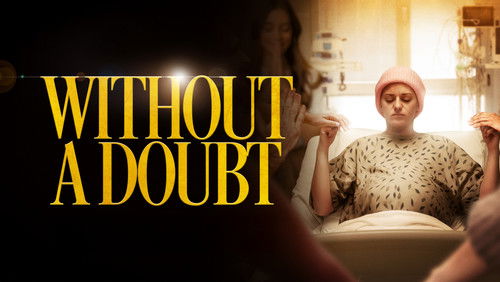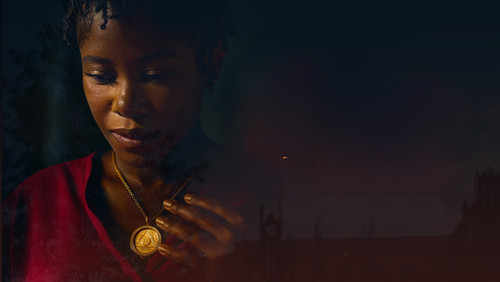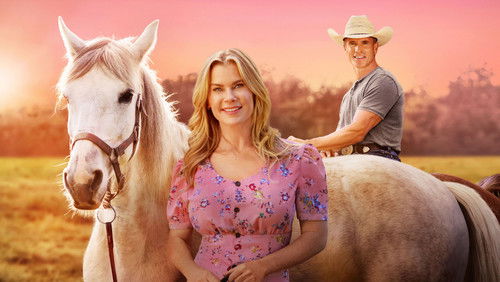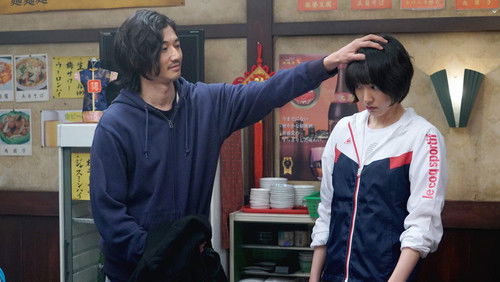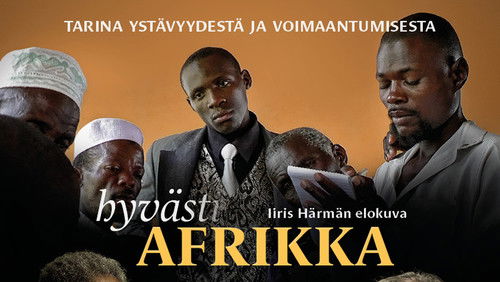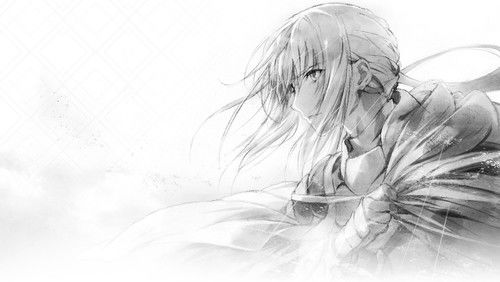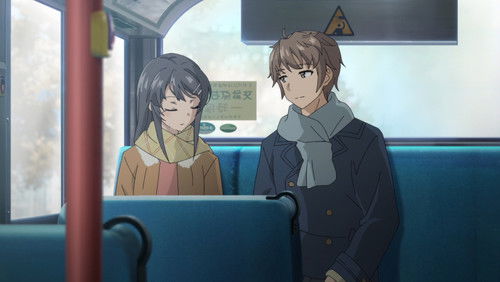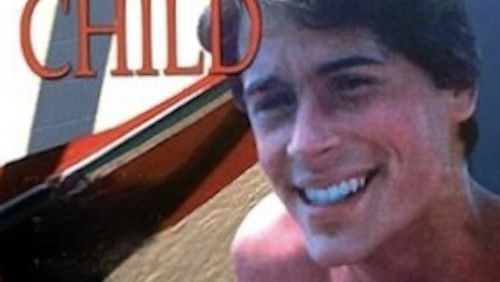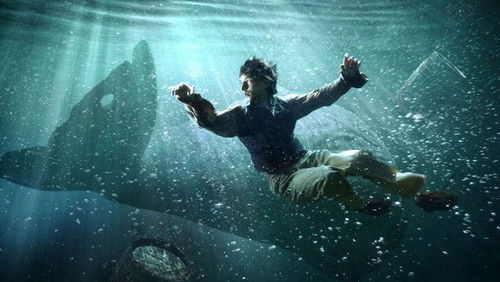Ceasefire (2016)
52KCeasefire: Directed by Emmanuel Courcol. With Romain Duris, Céline Sallette, Grégory Gadebois, Julie-Marie Parmentier. In the early 1920s, Georges Laffont, traumatized by the horrific trench warfar, decides to leave his life behind and travel to West Africa into the vast territories of Upper Volta in the company of Diofo, artist and also survivor of the Great War. From village to village, Georges uses Diofo’s talents as a griot to recruit the villagers as labour for plantations in Ghana. But this adventure leads him to a dead-end, and he comes back to Nantes where his brother Marcel, a war invalid, lives with their mother’s. After the war in Europe, life went on without him. Georges will desperately try to find his place, with the help of Helene, a sign language teacher with whom he will have a tumultuous relationship, and his family, that he selfishly left behind. He will finally attempt to heal their wounds…
“It is a well-known fact that the ravages of war do not end on the battlefield and that, accordingly, the return home of war veterans does not come easily. Logically a recurring theme in American cinema (u0026#39;The Best Years of Our Livesu0026#39; u0026#39;The Deer Hunteru0026#39;, u0026#39;Coming Homeu0026#39;, u0026#39;Rambou0026#39;, and dozens of others), it is oddly enough much less present in French films. The works examining the pangs of ex-soldiers having to deal with their trauma among those – more or less unsympathetic – who stayed at the rear can indeed be counted on the fingers of one hand (u0026#39;Retour à la vieu0026#39;, u0026#39;Les parapluies de Cherbourgu0026#39;, u0026#39;La vie et rien du0026#39;autreu0026#39;, u0026#39;La chambre des officiersu0026#39;, u0026#39;Frantzu0026#39;). Yet this is the theme that Emmanuel Courcol (also known as an actor and the co-writer of four films by Philippe Lioret) has chosen to explore in u0026#39;Ceasefireu0026#39;, his first feature length movie and he must be credited for such a move insofar as it was far from the easy option (a contemporary love story, crime movie or comedy would, for instance, have been a less risky business). u003cbr/u003eu003cbr/u003eThe story, set in 1923 (and two years later in the coda) concerns Georges Laffont, a man who, traumatized by the horrors of the First World War, finds it hard to reintegrate into a society among people who only think of forgetting and having fun. For a time, he finds refuge in Africa where he lives an adventurous life before circumstances drive him to return to his family home. There, he must struggle to take a fresh start while dealing with his afflicted mother (endlessly mourning Jean, one of her three sons, killed in action) and with his brother Marcel (whose reason has been faltering also as a result of his experiences in the war). Quite tense a situation indeed, only slightly alleviated by the relationship Georges develops with Hélène, a sensitive sign language teacher.u003cbr/u003eu003cbr/u003eAs can be guessed, with such troubled characters placed in such a difficult situation, drama is guaranteed. And Emmanuel Courcol being a proved screenwriter, his thorough, psychologically detailed script is enhanced into the bargain by relevant sociological and historical notations. Of course a good script does not necessarily make a good film. Does it in the present case ? In this writeru0026#39;s eyes, the answer is definitely yes given the fact that the director Courcol not only illustrates the script of the writer Courcol but also does his best to translate its potentialities into visual realities. The way he recreates the atmosphere of the early 1920u0026#39;s, to begin with, is very convincing despite the limited budget at his disposal. The settings, costumes and props all have an authentic look, nothing to do with the cardboard or too glossy imitations which, in certain movies, block total immersion in the film. The direction is fine, particularly concerning working with actors, Romain Duris first and foremost. Far from the juvenile cheekiness he showed in Cedric Klapischu0026#39;s trilogy, Duris once again displays his new capacities to step into the shoes of complex adult characters (he who recently was: a man who has everything but disappears, a husband who indulges in cross-dressing, a priest…) As Georges, an embittered man in turmoil, the actor has become a name French cinema cannot do without any more. On a par with him is the always superior Gregory Gadebois who meets the challenge of expressing himself silently (Marcel has become mute) whereas he is a member of the famous Comédie-Française company : his facial expressions and body language are really remarkable. Both actors are well supported by their two female partners, Céline Sallette, feminine but in a fresh unvarnished way, and Maryvonne Schiltz, who gives dignity to the u0026quot;Mater Dolorosau0026quot; she embodies by never overacting.u003cbr/u003eu003cbr/u003eSome will blame u0026#39;Ceasefireu0026#39; for the dead-time occasionally slowing down the action. It is true that such slow moments exist but after all, this is rather a meditative work than a frenzied action movie. And even supposing they are a shortcoming the other qualities of the film largely outweigh it. A competent director quite rightly privileging characters over showy artistry (sorry, no complicated camera angles or other displays of virtuosity) along with top of the range actors interpreting a thought-provoking story amid the modest but excellent recreation of the early 1920u0026#39;s period… well, there are worse things in life, arenu0026#39;t they?”
